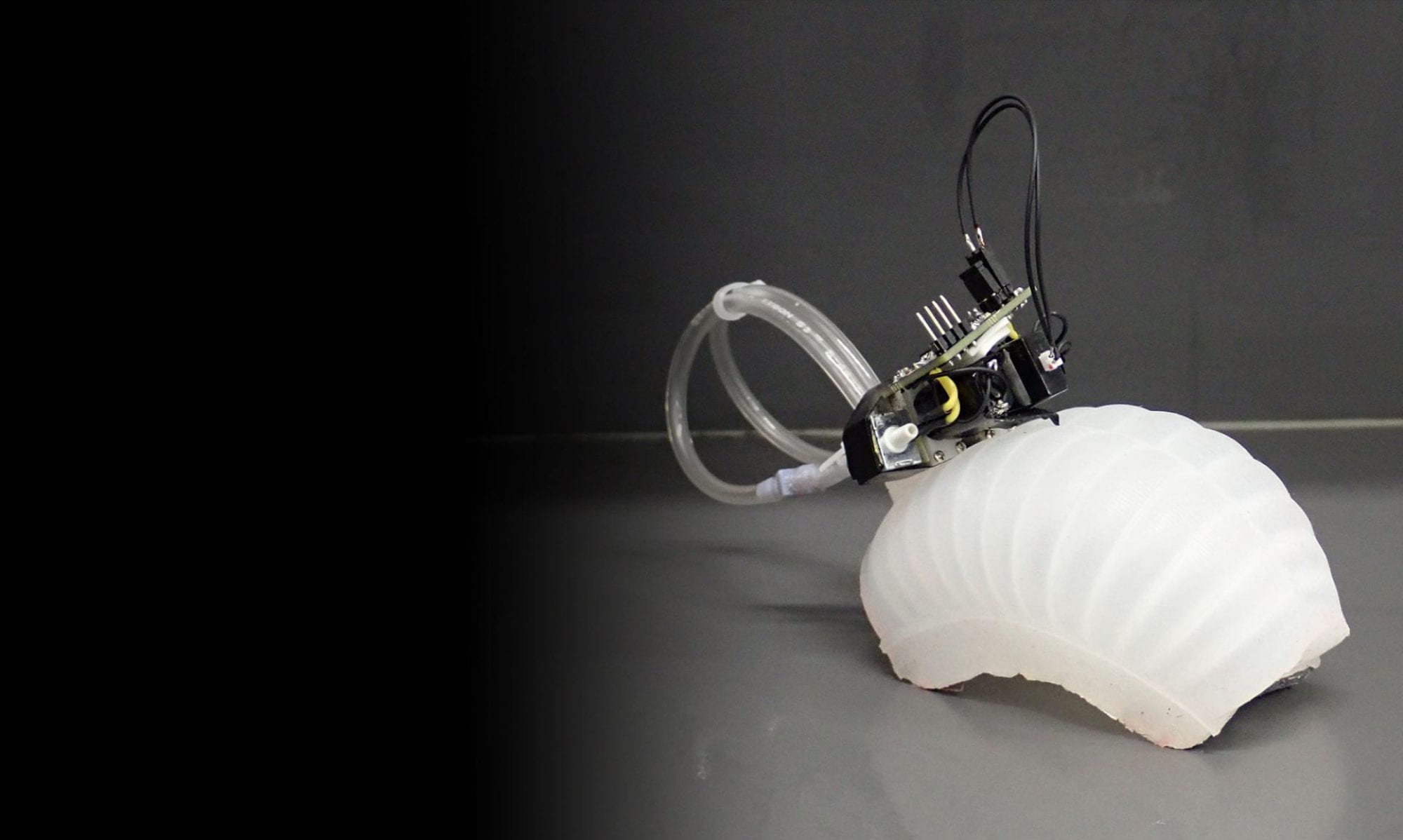10/30/18
Speaker 1: Adam Pacheck, Cornell University
Title: Reactive Composition of Learned Abstractions
Abstract: We want robots to be able to perform high level reactive tasks and inform us if they are not able to do so given their current skills. In this talk, I present work in which we give a robot a set of skills, automatically generate an abstraction of the preconditions and effects of the skills, and automatically encode the skills in linear temporal logic. A task can then be specified for the robot and we are able to reason about its feasibility and receive suggestions for repair from the robot if it is infeasible.
Speaker 2: Yixiao Wang, Cornell University
Title: “Space Agent” as a Design Partner – Study and design interactions between robot surfaces and human designers
Abstract: In this presentation, we first propose the concept of “Space Agents”, which are “interactive and intelligent environments perceived by users as human agents.” The foundation of this concept are communication theories, and it functions as the bridge between human users and the built environment. To better study the human-human like interactions and partnerships between users and their environments, we decide to design and study interactions between “space agents” and human designers, which is my dissertation topic. More specifically, we would like to study and test following hypotheses: 1) The “space agents” could form a (temporary) partnership with the human designers; 2) The “space agent” together with the “designer-space partnership” could improve designer’s work performance, perceived spatial support, and work life quality. We propose to design continuous robotic surfaces as space-making robots which could give agency to a traditional working space. Scenarios are specified to demonstrate how could these robotic surfaces enable spatial reconfigurations as an effective partner, and previous works are presented to show the progress of my dissertation.
Speaker 3: Ryan O’Hern, Cornell University
Title: Automating Vineyard Yield Prediction
Abstract: Advances in mobile computing, sensors, and machine learning technology have been a boon to the fields of agricultural robotics and precision agriculture. In this talk, I will discuss preliminary results of an on-going collaboration between Cornell’s College of Engineering and the College of Agriculture and Life Sciences to advance viticultural practices with new robotics techniques. This talk will focus on our initial work to predict yield in vineyards using computer vision techniques.
